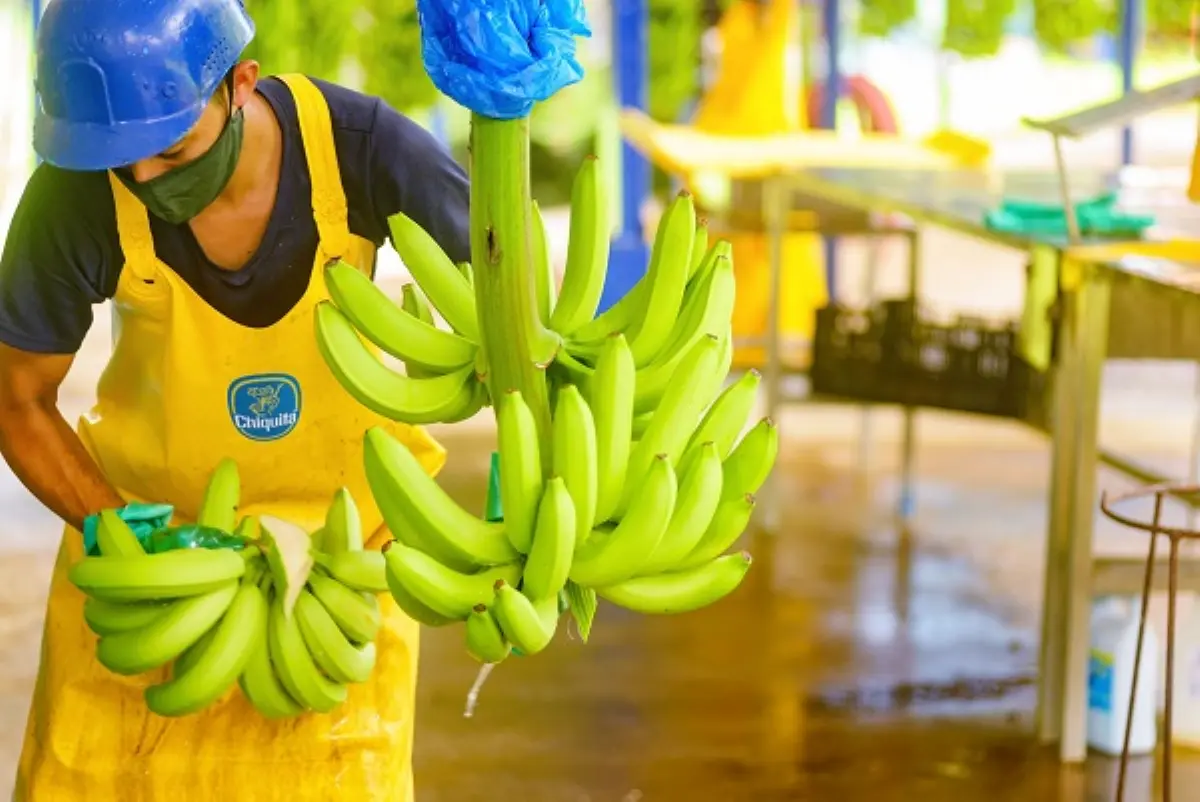
Do you want to access to this and other private contents?
Log in if you are a subscriber or click here to request service
Chiquita presents the new sustainability report 2021-2022
Brand commitment and the "30BY30" program for reducing emissions/Attachment

For nearly three decades, Chiquita has led the industry in sustainability practices through its "Behind the Blue Sticker" approach. Today, the brand announced the publication of the update of the sustainability report 2021-2022, highlighting the initiatives in a sustainable key, from farms to the final consumer, both long-term and more recent, including the program to reduce "30BY30" emissions."We...
hef - 24298
EFA News - European Food Agency
EFA News - European Food Agency